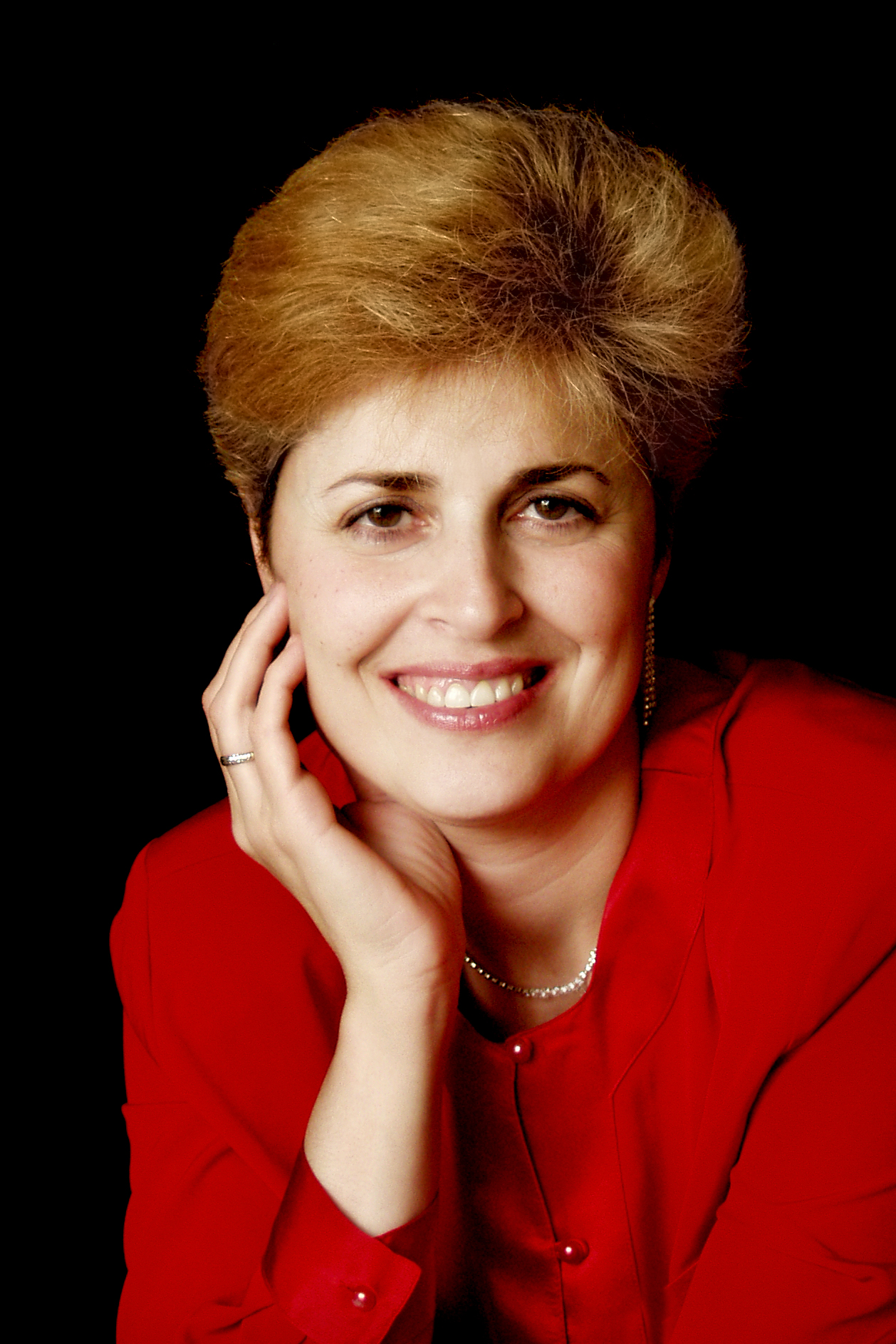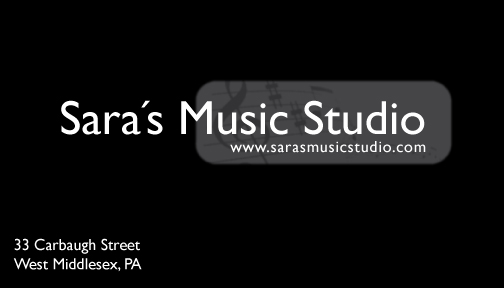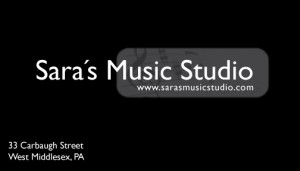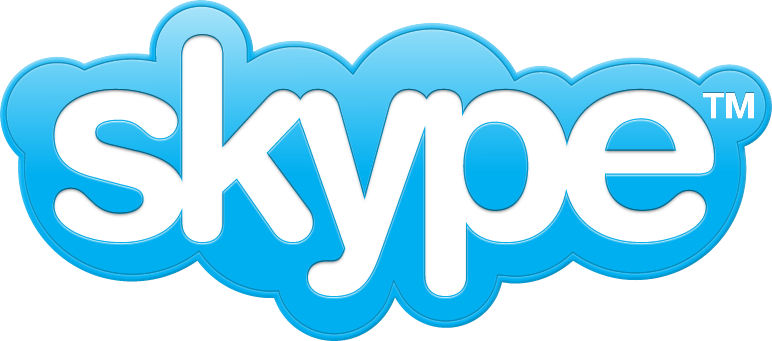 It’s been a while since we had a Forum Q&A! Sometimes I run out of ideas for discussion topics, so if you ever have a question you’d like to see addressed here to get other teachers’ input, please let me know. 🙂
It’s been a while since we had a Forum Q&A! Sometimes I run out of ideas for discussion topics, so if you ever have a question you’d like to see addressed here to get other teachers’ input, please let me know. 🙂
Last time, we discussed the role of the parent in private lessons. We received some well-thought responses, so thanks for that! Click here to read them, and remember, it’s never too late to add your thoughts.
Here’s today’s discussion topic: Lesson planning! Here’s a few questions to get you thinking:
Do you create lesson plans for the private piano lessons you teach? Why or why not? If you do create lesson plans, what is your process? How much time do you spend lesson planning each week? Is your method feasible for even if you full studio of say, 20+ students?
Although I’ve been teaching privately for over 6 years now, I still don’t feel I have a good system for lesson planning. Fortunately, I have a pretty good memory for knowing where in their books my students are at any given time. However, I have a feeling that eventually if I get over 20 students to keep track of, this would be become much more difficult. I need to keep better records so I can be more effective in preparing to introduce new concepts to my students before the method book does! I’d love to hear any thoughts you have on this topic. 🙂
Photo Credit: Bright Meadow | CC 2.0



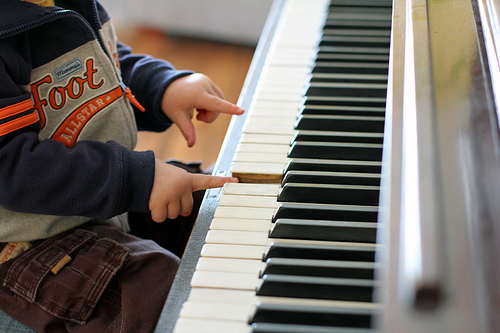
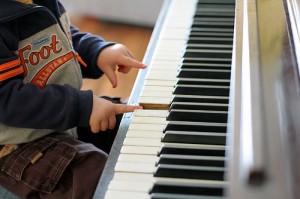
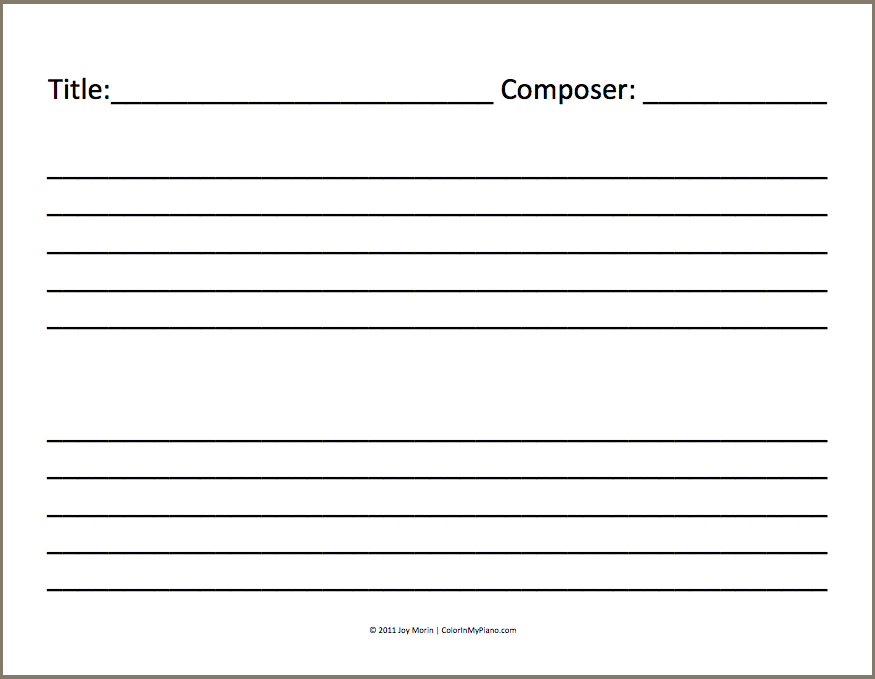
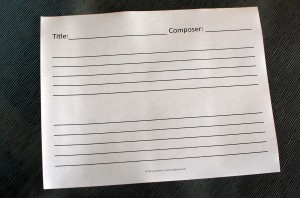 With my Piano Readiness Class, we’ve been learning about staff notation. Last week, each student composed a mini-composition on the piano and then we together notated the piece. We used colorful markers to label the notes (A, B, C, etc) and also wrote in finger numbers, so they can continue playing their compositions at home. They loved the idea of being composers!
With my Piano Readiness Class, we’ve been learning about staff notation. Last week, each student composed a mini-composition on the piano and then we together notated the piece. We used colorful markers to label the notes (A, B, C, etc) and also wrote in finger numbers, so they can continue playing their compositions at home. They loved the idea of being composers!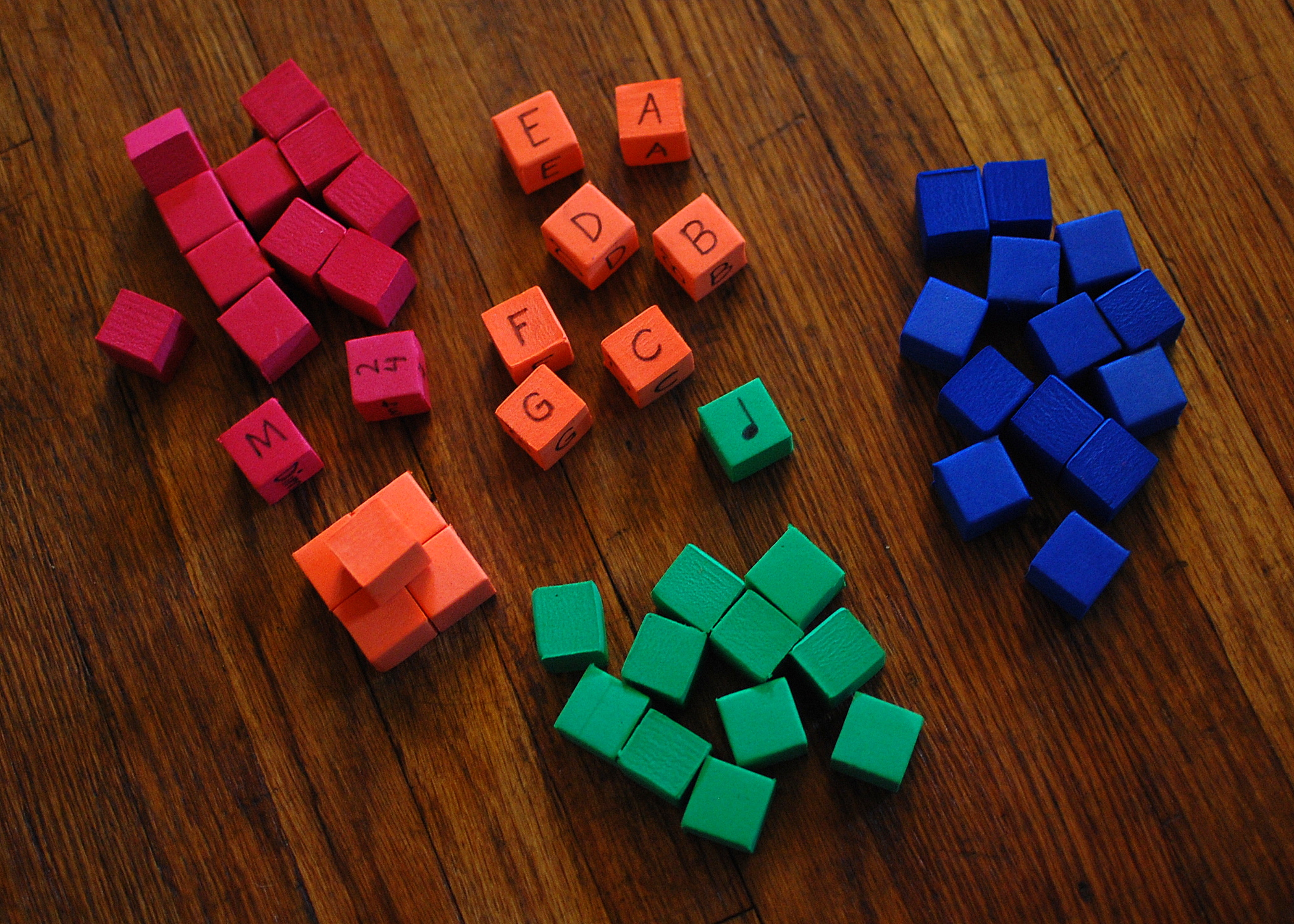
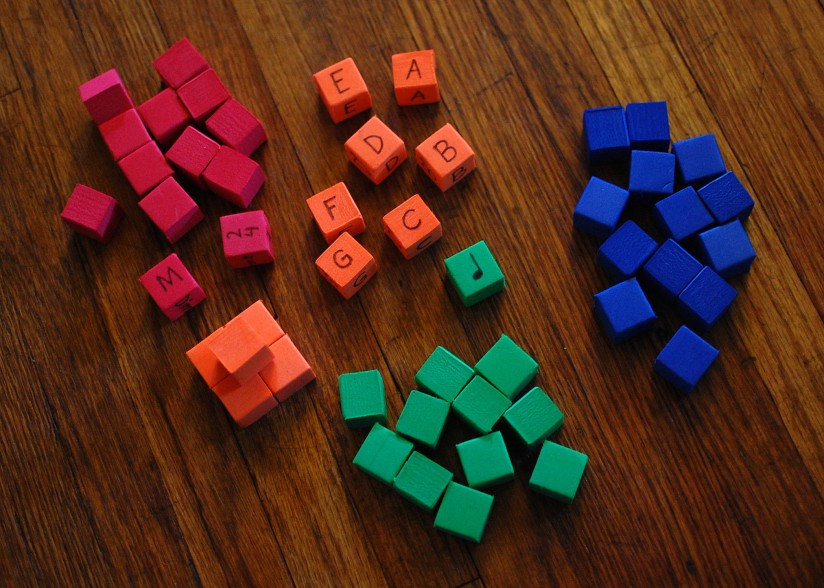
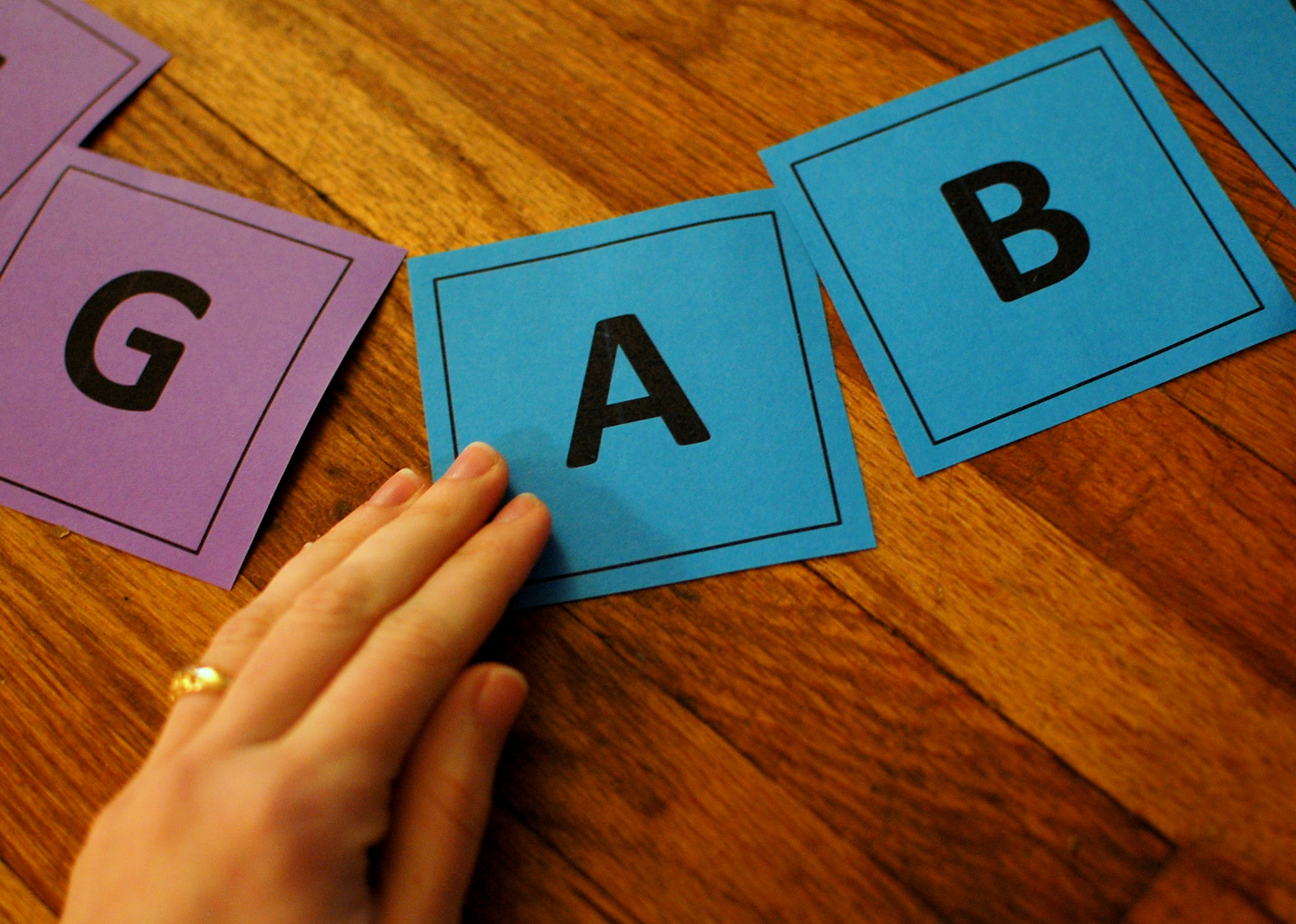
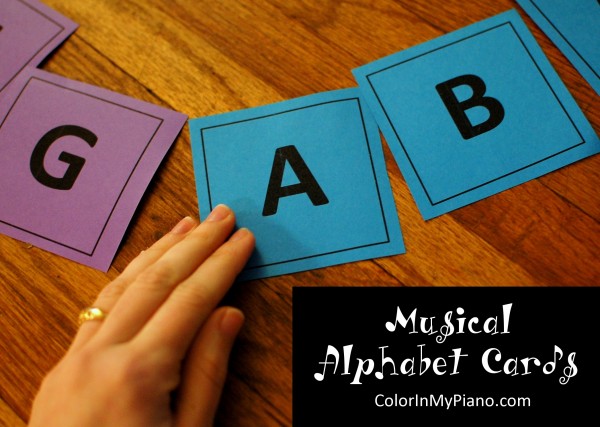

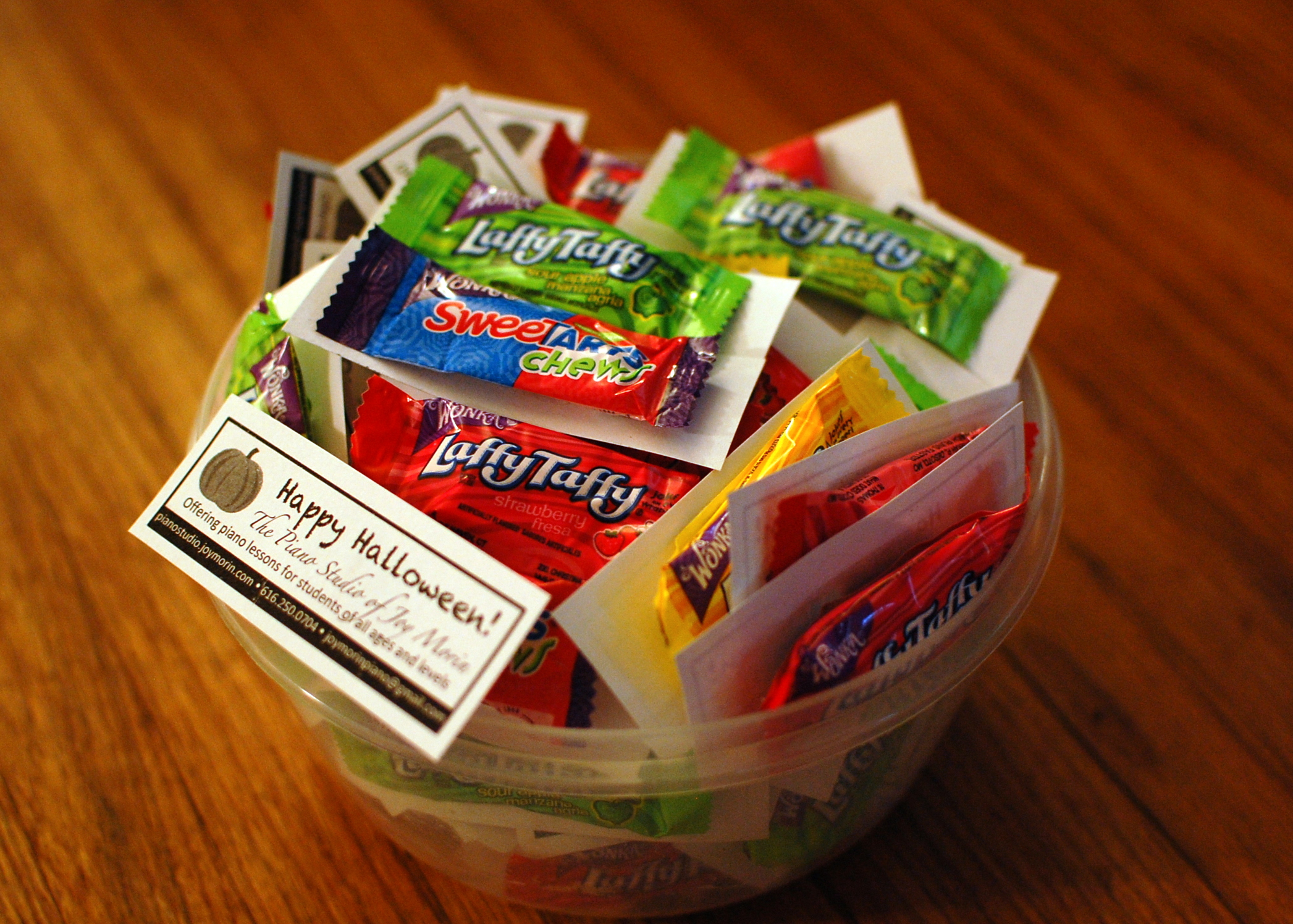
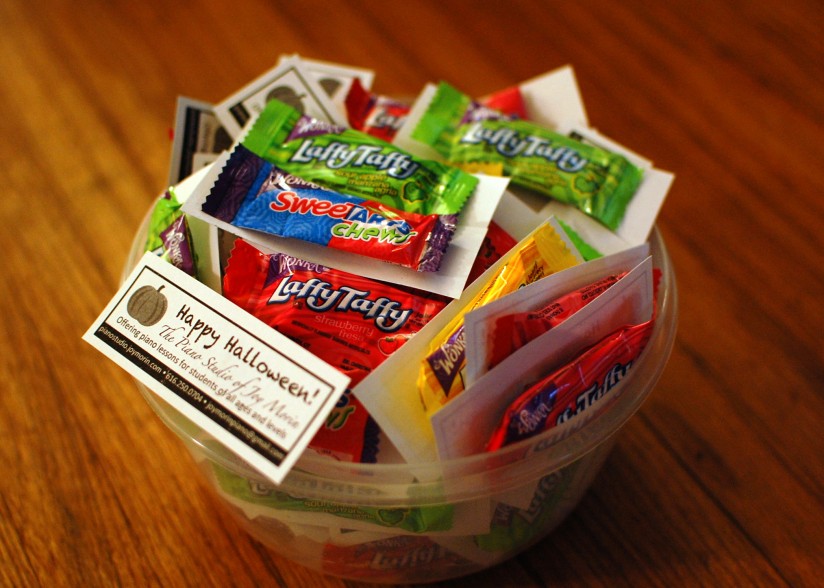
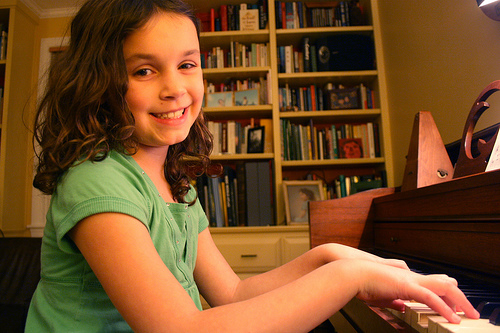
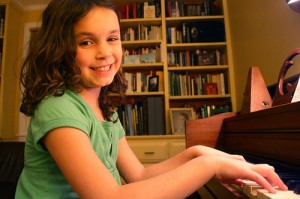 I apologize for being a bit MIA around the blog lately. I have a couple of projects that I am working on right now for my local MTNA association. One of them is designing a website. It’s about half-way done and if you’re interested in taking a sneak peek, you can
I apologize for being a bit MIA around the blog lately. I have a couple of projects that I am working on right now for my local MTNA association. One of them is designing a website. It’s about half-way done and if you’re interested in taking a sneak peek, you can 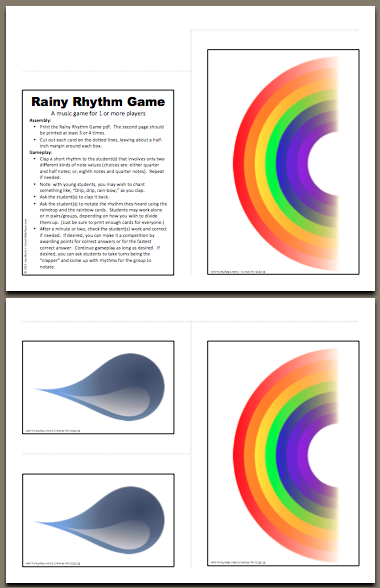
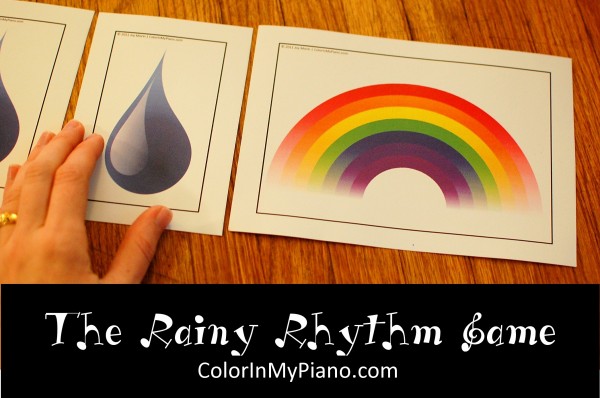
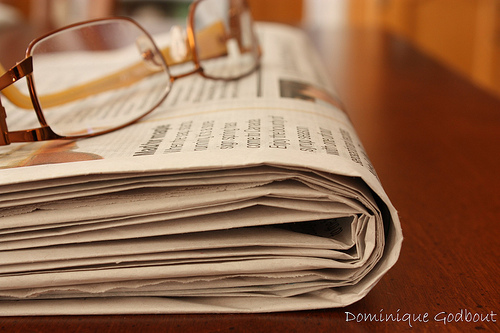
 Last time, we shared
Last time, we shared 